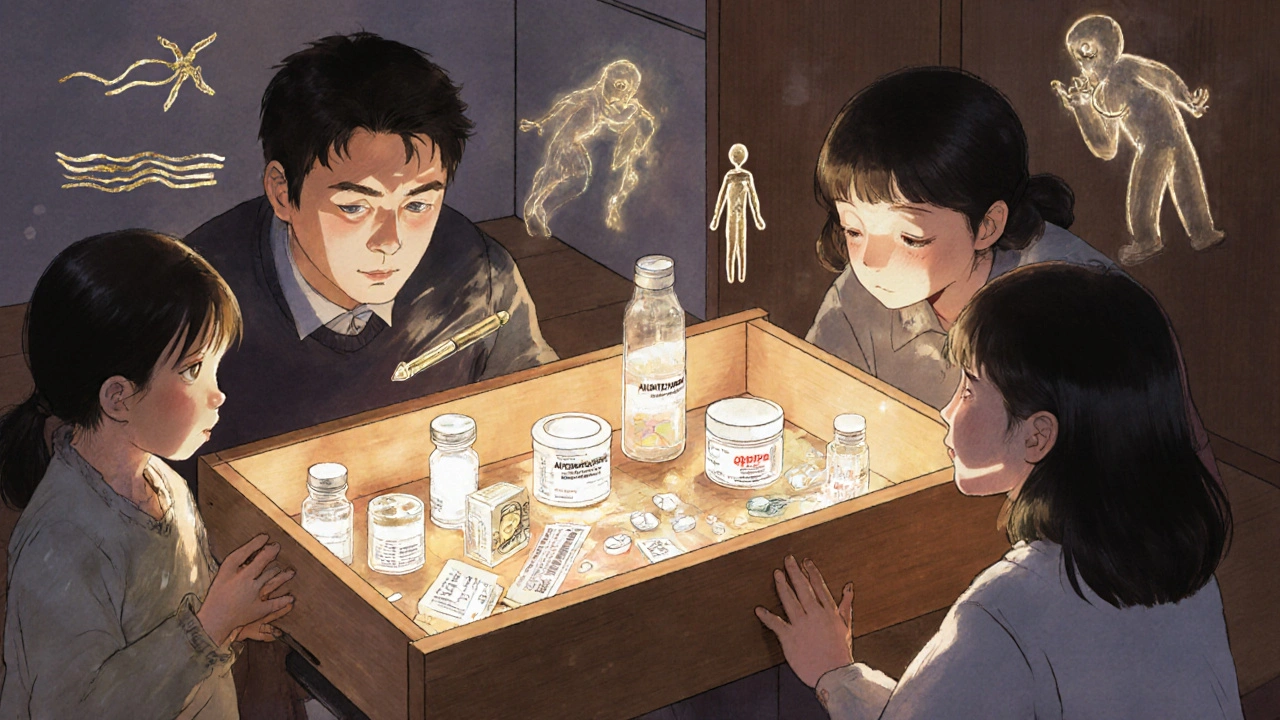Health and Family Care
Caring for family members takes patience, know-how, and help. This category collects practical advice for parents and caregivers dealing with chronic conditions, everyday injuries, and child safety. You'll find guides on managing care at home, choosing respite services, and using common antiseptics safely.
Respite care can change life for families raising a child with cerebral palsy. Short breaks let parents rest, handle errands, or work without risking burnout. Good respite gives kids safe activities and social time with trained staff. Ask local clinics or disability groups about vetted programs, trial stays, and financial support options. Look for caregivers familiar with mobility aids, feeding routines, and seizure plans.
When you interview respite providers, ask concrete questions: How do you handle transfers and lifts? What emergency training do staff have? Can you see staff references and background checks? A written care plan helps everyone stay on the same page. Small details—sleep routines, favorite toys, or feeding schedules—make transitions smoother for the child.
Simple tips for daily family care
Make routines predictable. Predictable routines reduce stress for children with special needs and make life easier for parents. Use checklists for meds, appointments, and supplies so nothing slips. Keep a one-page emergency summary with allergies, medications, and doctor contacts. If you can, teach siblings basic care steps and when to call for help.
Skin and wound care pop up often with kids. Products that contain benzalkonium chloride and zinc oxide are common in first-aid creams and antiseptics. When used as labeled, these ingredients can prevent infection and protect minor cuts. Use small amounts, avoid open deep wounds unless directed, and stop use if the child has a rash or severe irritation. For babies and toddlers, follow pediatric guidance and product age limits.
If your child has sensitive skin or takes multiple drugs, check with your pediatrician before starting any new topical product. Mention all medicines and recent skin reactions so the clinician can advise on safe choices. Pharmacists are also a great resource for comparing products and suggested application frequency.
Where to get more help
Start local: pediatric clinics, hospitals, and disability support groups often offer respite listings and product safety info. National organizations for cerebral palsy can point to vetted programs and financial help. For medication and disease details, our site links to the trusted rexmd.com database so you can read reliable summaries on drugs, side effects, and interactions.
If you're unsure where to start, make a short plan: list daily needs, note medical tasks, and schedule one respite session this month. Call your child's doctor for product advice and ask the pharmacist about benzalkonium chloride at the next visit. Small steps add up and make care less overwhelming. Save this page for reference and share with family.
Caring for someone is a long shift, not a sprint. Use short breaks, ask for help, and rely on clear care plans. Practical choices—choosing the right respite provider, using safe antiseptics, and keeping organized records—cut anxiety and keep your family healthier.









